Time for some ‘truth-telling’ on racism narrative

Some racism between Indigenous and non-Indigenous Australians exists for sure, but sound evidence for it being widespread and endemic is lacking.
Given the lack of strong evidence to the contrary, I assert that the amount of racism directed towards Indigenous Australians is very small. Nonetheless, academics, political leaders and Indigenous leaders will cite an example of either real or imagined racism and then make the unfounded claim that Australia is a racist country.
This would be like identifying a few cases of serious misconduct in a profession and branding the entire profession as bad. We know the damage this does. This sort of mud sticks when thrown.
So why do people so readily believe that Australia is racist towards Indigenous Australians in endemic proportions? First, because we repeatedly hear about claims of racism so often in reports, in the media, in schools, and in the workplace, we come to believe it without questioning it.
For example, Reconciliation Australia released a report: 2022 Australian Reconciliation Barometer. The report mentioned: “Aboriginal and Torres Strait Islander people’s experiences of racial prejudice have increased in the last two years”; and: “In the past six months, 60 per cent of Aboriginal and Torres Strait Islander people have experienced at least one form of racial prejudice.” This is interesting, to say the least. Many social justice warriors will be salivating at this point; some perhaps claiming that this is why we need the voice – to end this endemic racism.

However, some care should be taken in interpreting these claims from the report, given that they are drawn from an online survey that captures people’s reported experiences and not actual verified experiences of racism. Again, I am not saying that racism does not exist, but only that there are limitations associated with self-report responses.
In addition to reports and news stories, people are constantly exposed to anti-racism messages like “End racism now!’, “I oppose racism” and similar. Such messages, although not explicitly stating the prevalence of racism, can influence the mind to think we must have a racism problem on our hands. Repetition of an idea, message, image, or concept can be powerful in instilling beliefs in people’s minds; something advertisers know and take advantage of. Believing something from hearing it repeatedly, is what psychologists call “illusory of truth”.
Another reason people are so quick to believe that Australia is racist towards Indigenous Australians is that tenuous evidence is offered in support of claims of racism. Although tenuous, again, repetition is all that is needed to be convincing. For example, the erroneous assumption that inequalities between the wellbeing of Indigenous and non-Indigenous Australians is often offered as evidence of racism.
Last year this newspaper reported on Fiona Stanley as saying that “racism was endemic in Australia and was evident in the divergent outcomes for Indigenous people in areas like healthcare, education, justice and child protection.”
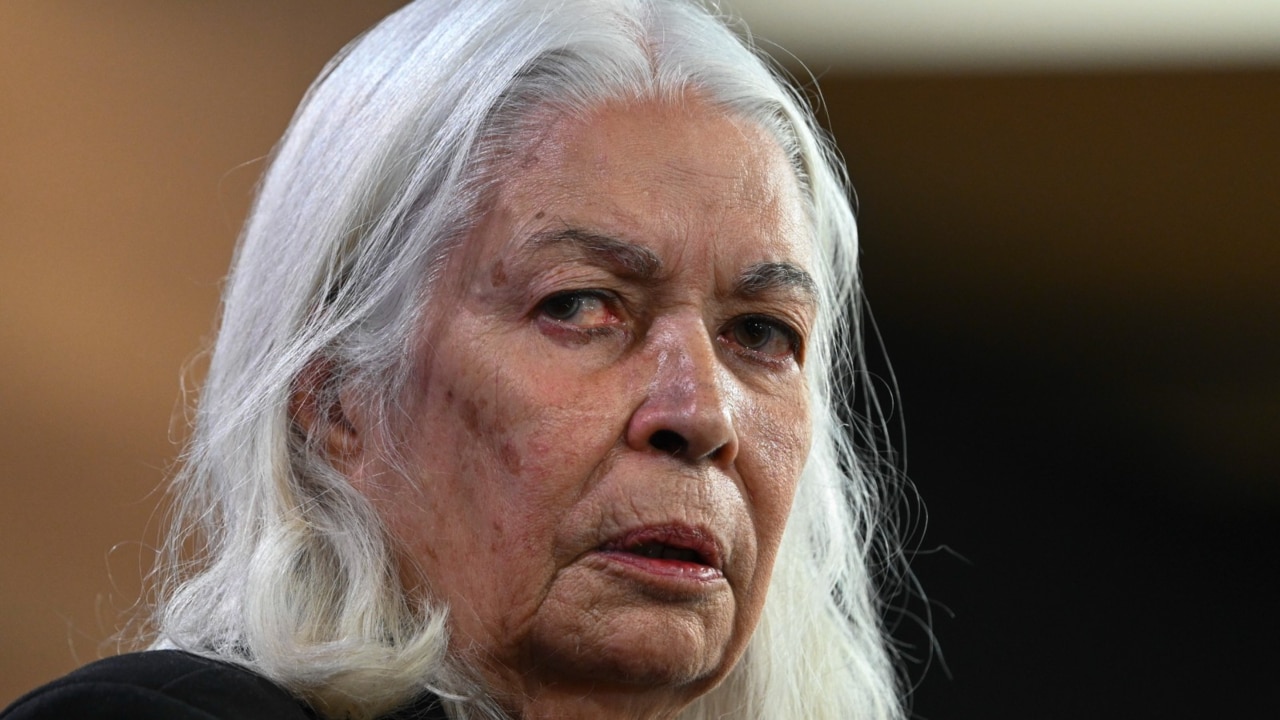
Stanley does not quantify what proportion of these divergent outcomes are attributable to racism, but I suspect it is very minimal. The sort of racism spoken about here is sometimes referred to as the impressive-sounding “systemic racism”. Where racism against Indigenous Australians exists, it should be stamped out and perpetrators dealt with accordingly. But to give events a racist interpretation or make unfounded claims of racism comes at a huge cost to reconciliation and the wellbeing of all Australians.
Focusing on excessive claims of racism against Indigenous Australians diverts attention away from the serious problems that disproportionately affect them: unsafe living environments, poor health, violence, child neglect, etc.
These are problems many Indigenous activists prefer not to address, let alone acknowledge. Their voices are notably absent, unless of course they claim racism is the cause of these problems.
Excessive claims also divert attention away from effective solutions to these problems.
Maybe it’s time to change the narrative from Australia being racist towards Indigenous Australians, to Australians caring for their Indigenous brothers and sisters. Maybe it’s time to stop telling attention-grabbing lies and start telling the truth about racism and Australians. I believe this can only better prepare Australians for the upcoming referendum. Isn’t it time for some truth-telling?
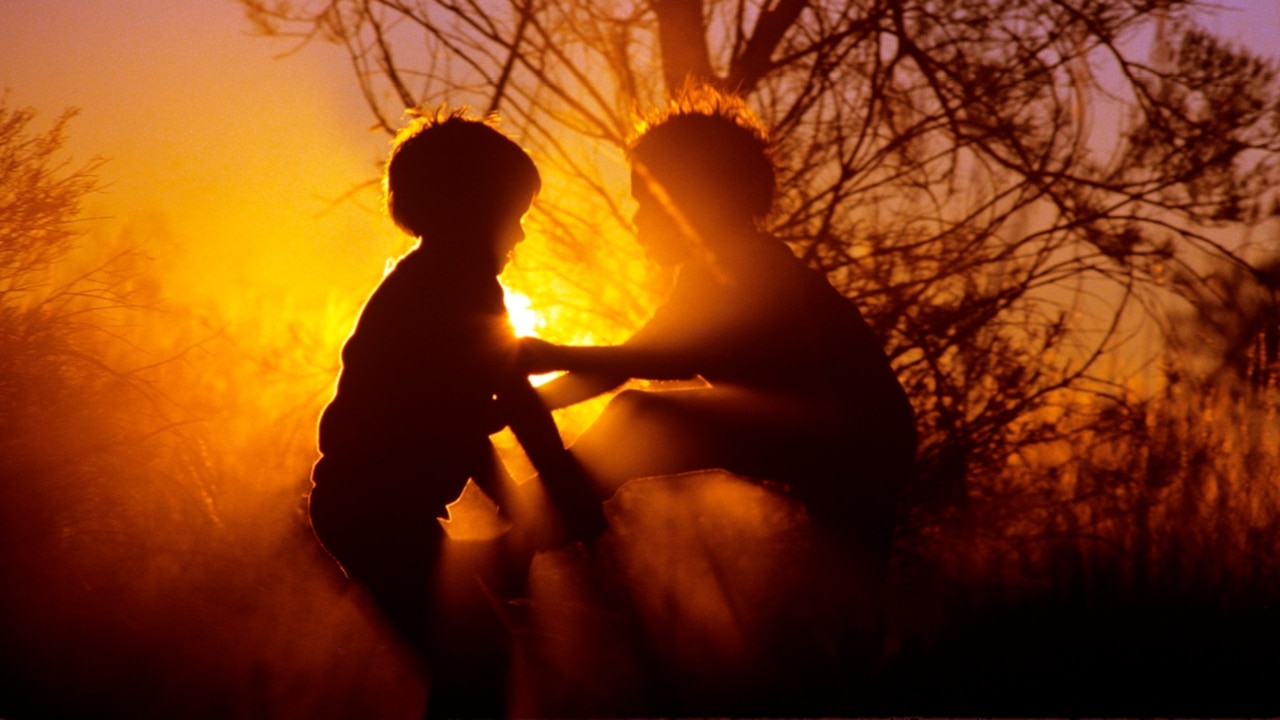
Anthony Dillon is an honorary fellow of the Australian Catholic University.


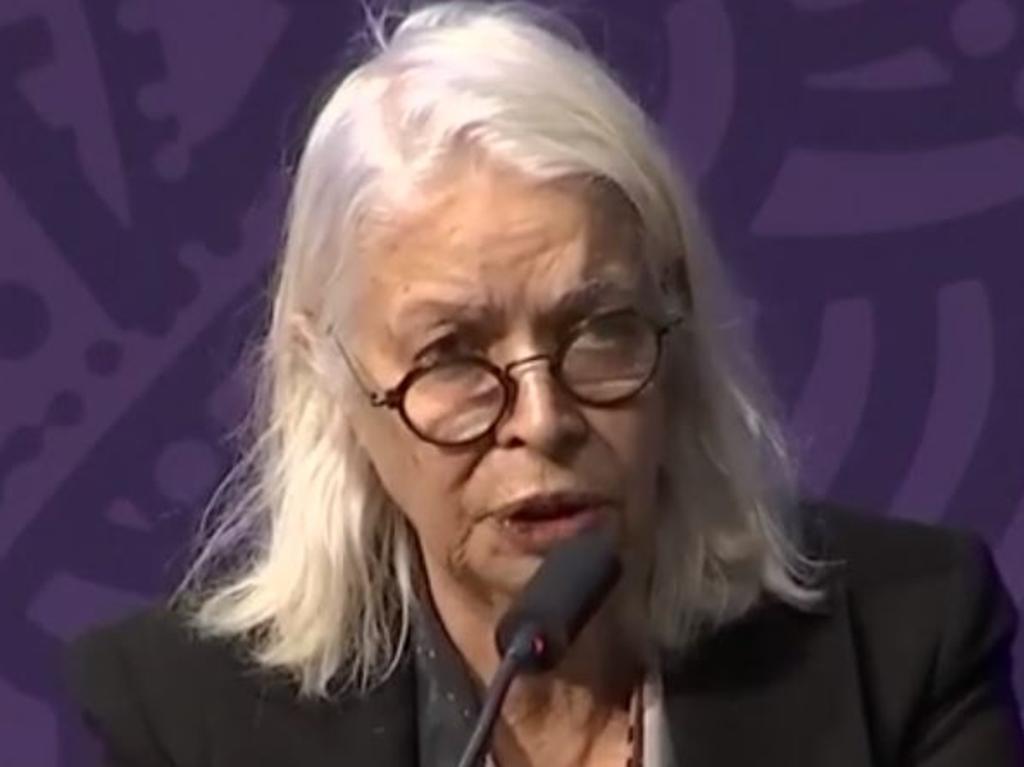
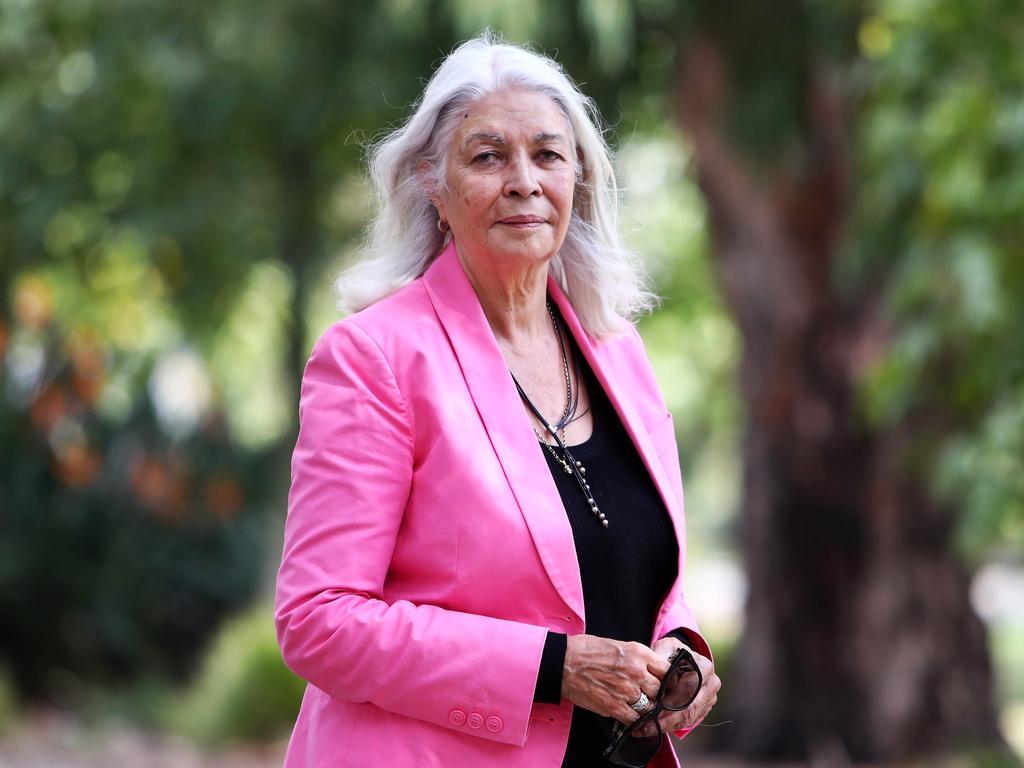
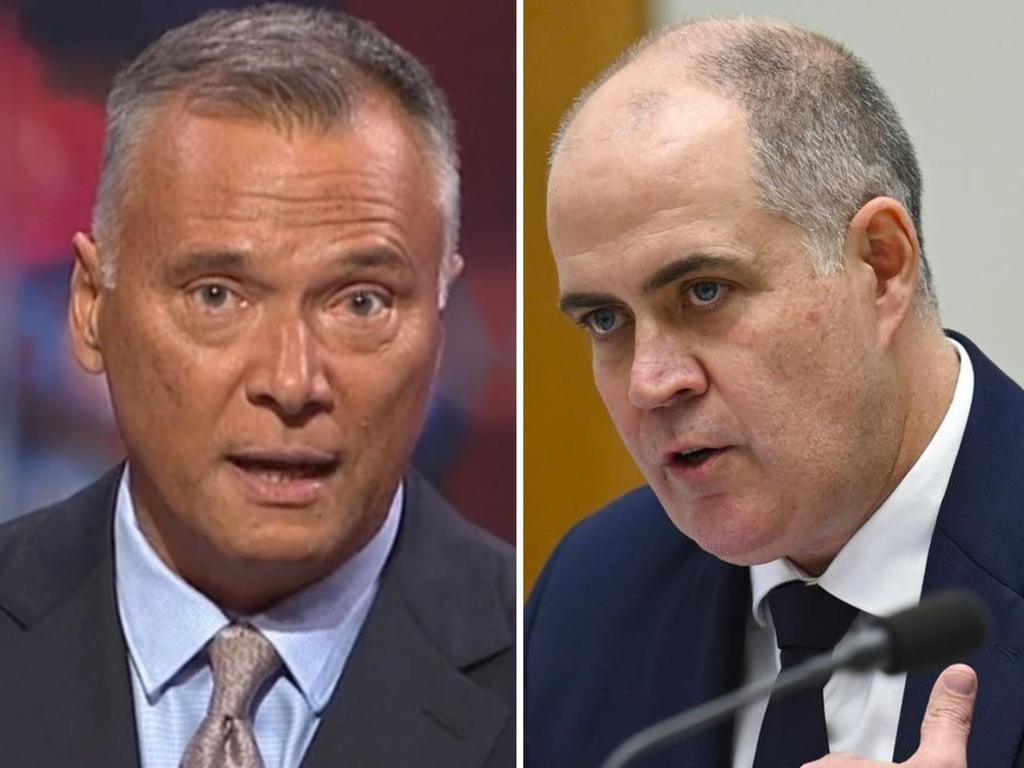


Let me state upfront and say that I refute the claim Australia is racist towards Indigenous Australians. But please note that by refuting this claim, I am in no way saying that racism towards Indigenous Australians does not exist; something my opponents are quick to wrongly accuse me of.